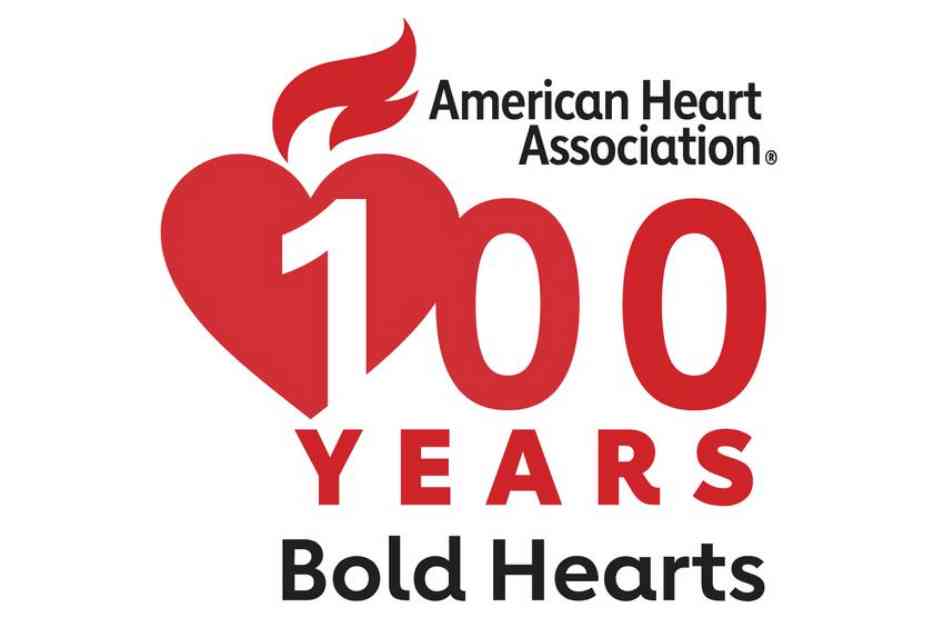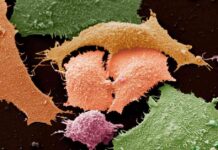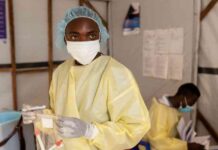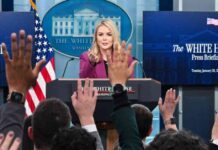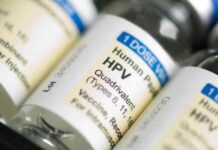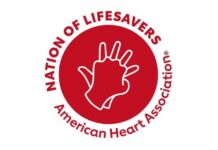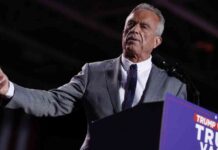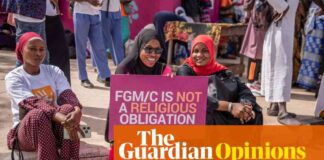The American Heart Association recently hosted a day of policy dialogue and networking opportunities at the Annual Legislative Conference of the Congressional Black Caucus. The Nation of Lifesavers™ Pavilion featured substantive discussions and informative panels focused on policy solutions to improve cardiac arrest survival rates outside of the hospital setting. The event brought together members of Congress, scientific researchers, cardiac arrest survivors, and advocates to discuss the importance of CPR and the use of automated external defibrillators (AED) in increasing the chances of survival.
The morning session included two policy panels where participants shared personal stories of cardiac arrest experiences and highlighted the critical role of CPR and AEDs in saving lives. An expert panel discussed recent research on achieving equitable outcomes for all patients, emphasizing the need for effective strategies to improve survival rates for cardiac arrest victims.
During the afternoon session, the National Football League’s Smart Heart Sports Coalition was recognized for its lifesaving work in advocating for evidence-based public policies to prevent cardiac arrest deaths among high school students. The coalition, which includes the American Heart Association, is pushing for all 50 states to adopt policies that can help save lives and prevent unnecessary deaths due to cardiac arrest.
The event also featured a panel of spoken-word artists who delivered powerful performances focused on the importance of converting bystanders into lifesavers through widespread adoption of CPR, AEDs, and first aid. These artists used their creative talents to raise awareness about the critical need for immediate action during cardiac emergencies.
Congresswoman Joyce Beatty of Ohio and Congresswoman Sheila Cherfilus-McCormick of Florida were among the distinguished guests who participated in the event. Dr. Bryan O. Buckley, an Adjunct Assistant Professor at Georgetown University and Head of Public Health at CareFirst BlueCross BlueShield, shared his expertise on public health and cardiac care. Other notable speakers included Patrice Bullock, an advocate for the American Heart Association, and retired NFL player Olandis Gary, who highlighted the importance of sports organizations in promoting heart health and safety.
Dr. Yvonne Commodore-Mensah from Johns Hopkins University School of Nursing and Dr. David Goff, Jr., Director of the Division of Cardiovascular Sciences at the National Heart, Lung, and Blood Institute, provided valuable insights into disparities in cardiac arrest survival rates among different demographic groups. The speakers emphasized the urgent need to address these disparities and implement effective strategies to improve outcomes for all patients.
The event also underscored the American Heart Association’s commitment to doubling survival rates from cardiac arrest outside of the hospital by 2030. The Nation of Lifesavers initiative aims to empower bystanders to respond effectively during cardiac emergencies, ensuring that everyone is prepared to take action when needed.
At the federal, state, and local levels, the American Heart Association is advocating for evidence-based public policies to increase survival rates from cardiac arrest. The organization is supporting bipartisan legislation in Congress to establish a grant program for schools to enhance CPR training, improve access to AEDs, and develop cardiac emergency response plans. As a founding member of the Smart Heart Sports Coalition, the Association is also leading efforts to implement cardiac emergency response plans in schools across the country.
The event highlighted the critical role of community engagement and education in promoting heart health and safety. Dr. Chidinma Ibe, Associate Director of Community Engagement at Johns Hopkins Center for Health Equity, emphasized the importance of raising awareness about CPR and AEDs in underserved communities. By providing access to training and resources, these communities can become better equipped to respond to cardiac emergencies and save lives.
The spoken-word artists who performed at the event used their creative talents to convey powerful messages about the need for action and awareness in addressing cardiac arrest. Their performances resonated with the audience, urging them to become active participants in creating a nation of lifesavers.
Overall, the Nation of Lifesavers Pavilion at the Congressional Black Caucus Annual Conference was a powerful platform for dialogue, education, and advocacy on improving cardiac arrest survival rates. By bringing together policymakers, researchers, advocates, and survivors, the event underscored the importance of collaborative efforts in saving lives and promoting heart health in communities across the country.
